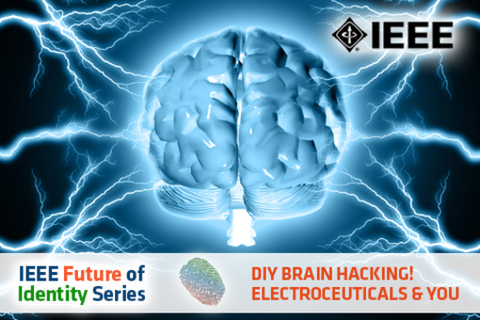DIY Brain Hacking, Electroceuticals and You

With a $20 trip to Radio Shack, Brent Williams began his own brain experiments via transcranial direct current stimulation (tDCS). This technology, which transmits electricity via electrodes placed on the scalp, has shown potential to alleviate depression, OCD, PTSD and other mental illness. While 20th century medicine has relied on pharmaceuticals, it is likely the 21st century will leverage “electroceuticals.” By understanding our body’s electrical system and using tools like brain pacemakers and memory augmenting prosthetics to regulate the activity of neurons, we may repair faulty wiring in our brains and even rewire our minds. Today, with open-source hardware and software, you can build your own mind control gadgets at home. With a simple kit, anyone can hack a cockroach's brain and steer it around a room. We’ll explore how these feats are accomplished and talk about the science behind brain hacking in this unconventional discussion. Part of the IEEE Future ID Series.
Presenters
Brent Williams
Founder
Speakwisdom
Dr. Brent Williams is a speaker, writer, and director of the KSU iTeach Center. Focused on DIY brain stimulation, he runs a blog on Transcranial Direct Current Stimulation. (tDCS) is a relatively n...
Show the restEliza Strickland
Assoc Editor
IEEE Spectrum
Eliza Strickland (moderator) is an associate editor for the international technology magazine IEEE Spectrum, where she covers the biomedical engineering beat. Strickland writes about the technologi...
Show the restJoel Murphy
Co-Founder
OpenBCI
Joel Murphy (BFA MassArt, Boston; MFA UC San Diego) is an artist/engineer living in New York. He owns a business designing and fabricating electro-mechanical systems for artists and designers. He i...
Show the rest











